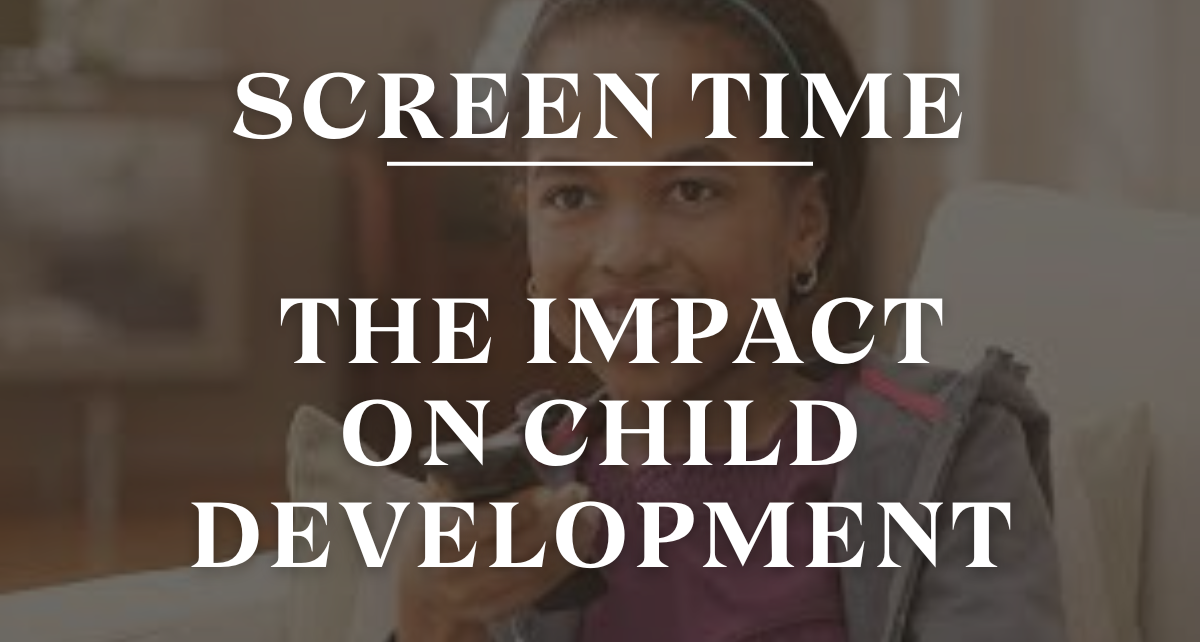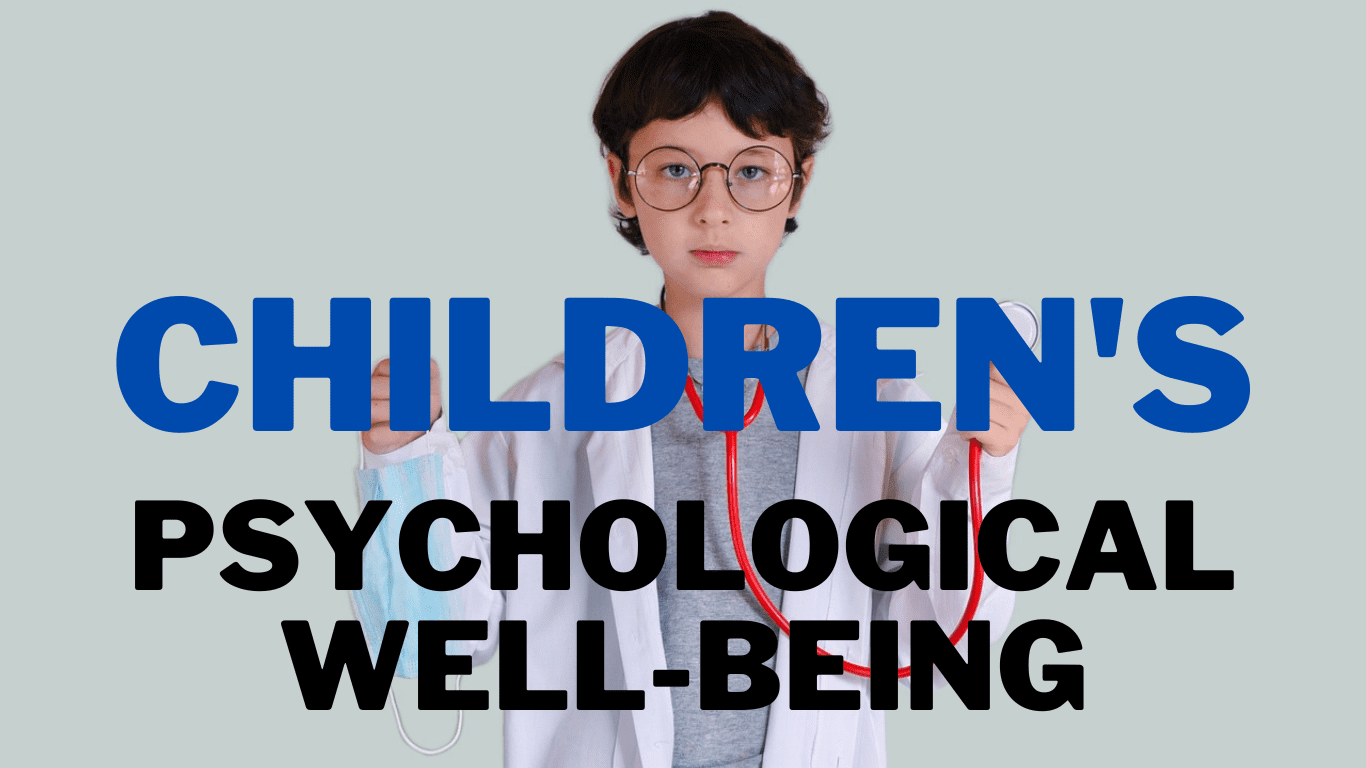Abstract(Screen Time)
Screen Time: The proliferation of screen media in children’s lives raises concerns about its potential impact on cognitive, linguistic, and social-emotional development. This comprehensive review explores the multifaceted effects of screen-time on various developmental domains and provides insights into effective management strategies. While screens offer educational benefits, excessive use and multitasking can detrimentally affect executive functioning and academic performance. Moreover, reduced interaction with caregivers can impede language development. Socially and emotionally, excessive screen-time correlates with issues like obesity, sleep disorders, and mental health conditions. This article emphasizes the importance of setting boundaries, employing parental controls, and modeling responsible screen behavior to mitigate negative impacts.
Introduction and Background
In the digital era, children, labeled as “digital natives,” encounter screen media from an early age. The integration of electronic devices has transformed learning and communication, but recent research highlights potential long-term health consequences. The decreasing age of regular media engagement raises concerns about adverse outcomes such as obesity, behavioral problems, and sleep irregularities. This article delves into the effects of excessive screen-time on cognitive, language, and social-emotional development in children, offering essential strategies for effective management.
Screen Time and Technology Tips for Parents: Ensuring a Healthy Digital Balance for Kids
Review
Impact on Development
Cognitive Development
Screen media’s impact on cognitive development is nuanced, with both positive and negative facets. While screens can enhance education and creativity, excessive use and multitasking correlate with diminished executive functioning and academic outcomes. Longitudinal studies suggest a lasting connection between early screen exposure and cognitive abilities, emphasizing the need for cautious screen time management.
Language Development
The intricate relationship between screen time and language development reveals contextual complexities. Reduced interaction between children and caregivers hinders language skills, emphasizing the importance of co-viewing and content appropriateness. Striking a balance is crucial, as studies indicate potential benefits when screen time is introduced later in childhood. The impact on speech, language, and cognitive skills underscores the need for informed parental guidance.
Social-Emotional Development
The evolving landscape of screen-based technologies has far-reaching implications for social-emotional development. Negative associations with obesity, sleep problems, depression, and anxiety necessitate a closer examination of screen time’s physiological mechanisms. While screens offer educational benefits, their adverse effects on emotional understanding, aggression, and mental health require attention. The cumulative impact of various screen activities on gender-specific emotional development underscores the complexity of this relationship.
Strategies for Managing and Reducing Screen Time in Children
Evidence-based strategies highlight the role of parents, educators, and healthcare professionals in mitigating excessive screen time. Parental awareness, behavioral controls, and role modeling emerge as crucial elements. Interventions, including electronic monitoring devices and targeted campaigns, offer viable solutions. Setting limits on discretionary screen time, both at home and in schools, proves effective. The absence of screens in bedrooms and parental restrictions play pivotal roles in reducing overall screen time. The importance of parental example-setting cannot be overstated, emphasizing the need for a holistic approach to managing screen exposure.
Conclusions
Excessive screen time’s impact on child development is a complex interplay of positive and negative outcomes. Acknowledging screens’ potential benefits in education and information dissemination, it is essential to navigate the challenges they pose to cognitive, linguistic, and social-emotional development. The active involvement of parents, coupled with informed strategies and alternatives that stimulate holistic development, can pave the way for a balanced and healthy screen media experience for children.





